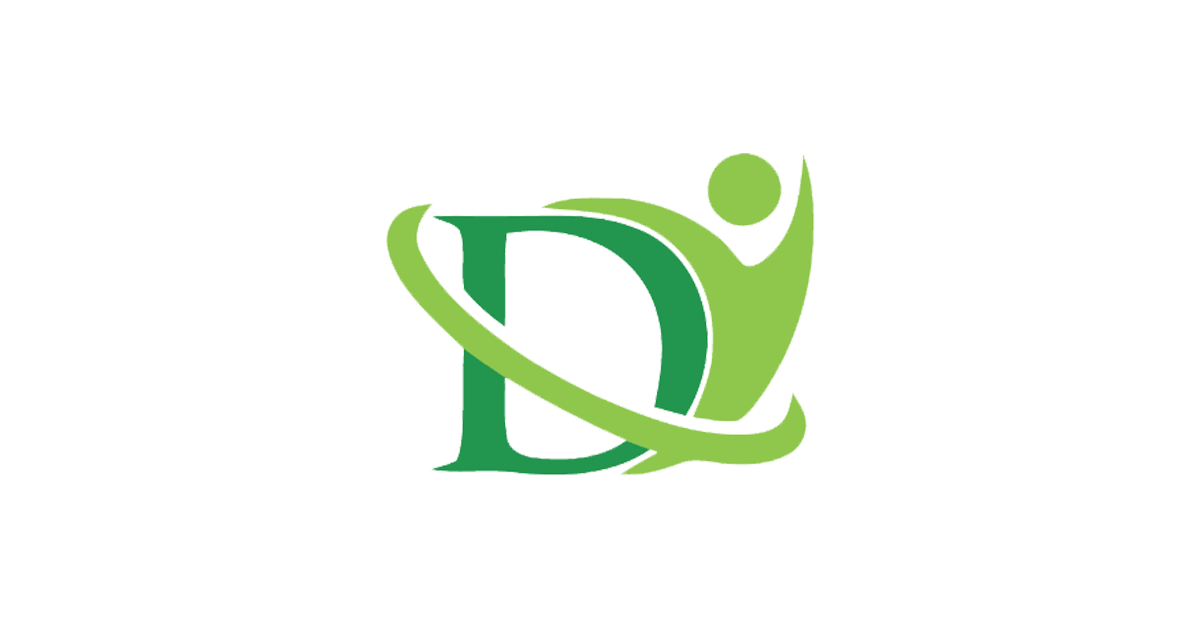
Debt-Free Life – Essential Advice for Getting Out of Debt
March 17, 2023
How to Establish and Maintain Good Financial Habits Amidst Rising Cost of Living (Part 1)
March 28, 2023In the first installment of this two-part post, Debt Helpers shed light on the cost of living in Canada and the things Canadians spend their money on. This post focuses on the healthy money habits that can help one deal with the ever-rising cost of living:
- It’s Time to Stop “Guesstimating” Expenses
One of the reasons people’s budgets fail to work is that many simply guess how much money will be spent on certain things without actually tracking. This can be quite problematic as it’s not uncommon for an individual to underestimate how much is spent on food, transportation, and other expenses.
For instance, many Canadians do not understand how much money goes into food each month. Most people only include items bought from the supermarket and fail to add how much is spent on those unplanned restaurant visits or snacks and coffee bought from food carts. Take, for example, if one eats out and spends $15 on a meal. That might not sound much, but if that person goes to that restaurant ten times a month, that means $150 is already unaccounted for unless accurate tracking is done.
- Prioritize Paying Off Debt Over Savings
Canadians who are in debt should focus on paying debts first. This can be done by diverting funds from other expenses, including savings. It’s because, in the long run, one’s debt can blow up and be even bigger than the money accrued in the savings account.
If Person A has a credit card with an Annual Percentage Rate of 28%, then the remaining debt of $1,000 at the end of the year will have grown to $1,280 due to the interest charged by the credit card company. Compounding of interest happens more often than once yearly, so the amount would, in fact, be higher than $1,280; however, to simplify the calculation, assume it is equal to $1,280.
A savings account, on the other hand, offers an annual interest rate of between 0.05% and 1.8%. If Person A puts $1000 into a savings account after a year, it would be worth $1018. If Person A instead chooses to use that money to pay off the credit card debt of $1000, no money will be owed anymore. Person A will have saved the difference of $262, which can be used for other expenses, such as putting it into a retirement fund. This way, Person A’s money can grow even further.
- Seek the Help of a Financial Coach
Anyone struggling to create and maintain a budget should not hesitate to ask for help. A financial coach or advisor can offer valuable guidance and support in making the best decisions regarding money. No one has to do it all by themselves.
Looking for help, especially from an experienced counselor, can help one get an outside perspective on spending. A financial coach might be able to call out a few expenses that one can cut back on or tricks that can be used to stretch the budget a bit further.
- Look for Ways to Cut Cost
In order to save money in an inflationary environment, people are trying different methods of reducing costs. Shopping around for the lowest prices on items, buying products in bulk when on sale, preparing meals at home instead of eating out, and looking for alternatives to expensive products such as generic brands are all ways to save money. Additionally, taking advantage of any loyalty programs or discounts available can help reduce costs.
Conclusion
The rising cost of living can be daunting, but staying afloat is possible in the long run with the right money habits. By following the tips shared in this post – from properly tracking expenses to seeking the help of professionals like debt consultants if needed, one can better handle the rising cost of living in Canada.
DebtHelpers.ca offers the services of trusted debt consultants in Canada who can provide tailored solutions to anyone who wants to achieve financial freedom. Set an appointment with Debt Helpers today!
